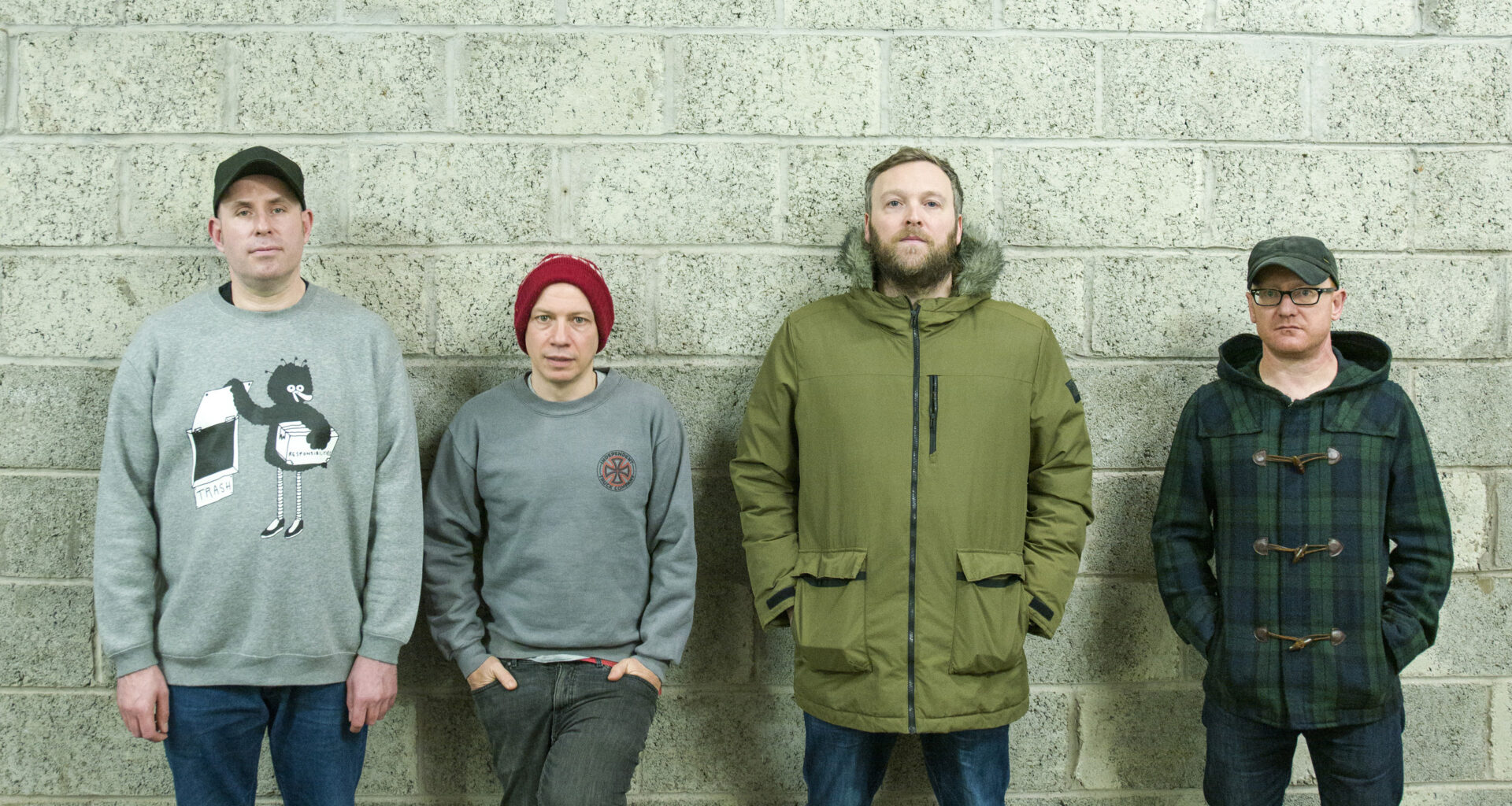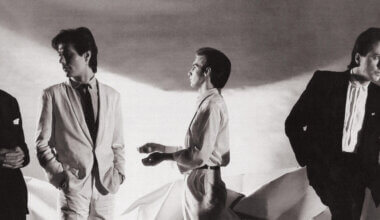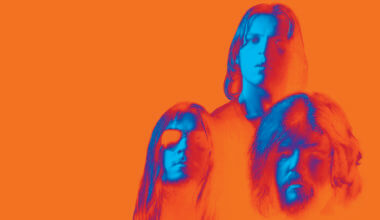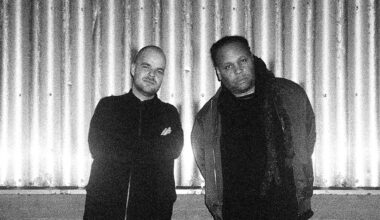Think you know what to expect from this lot? Think again, because over the last two decades a subtle sound evolution has been at work. We lift the lid on the secret electronic life of Mogwai
Want to read more?
Sign up to Electronic Sound Premium to gain access to every post, video, special offers, and more. 100%, all you can eat, no commitment, cancel any time.
Already a premium member? Log in here






